Labour to raise £4.5bn more a year from higher earners
Jeremy Corbyn plans to lower 45p threshold to £80,000, while 50p rate will be reintroduced at a lower level
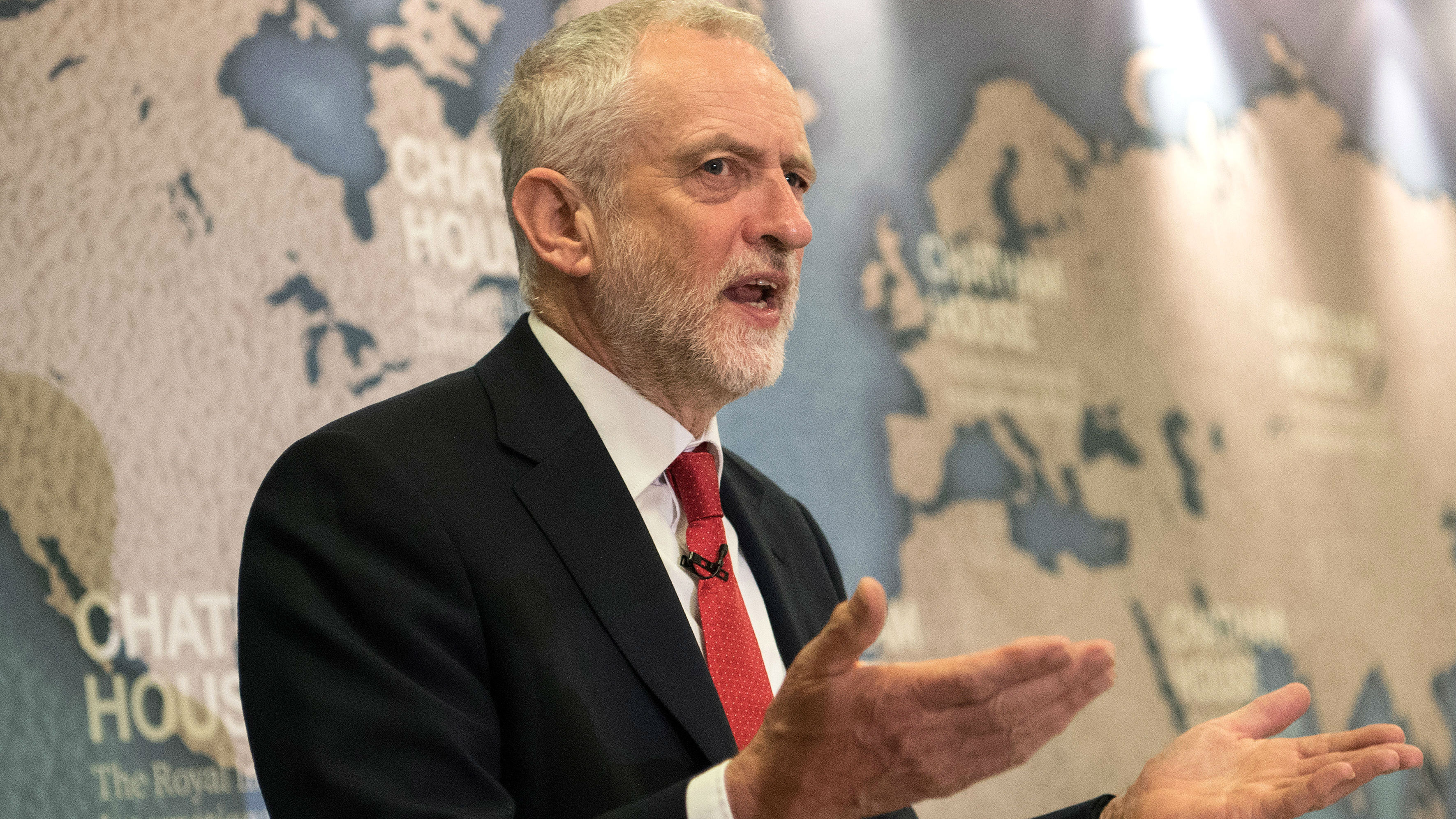
A free daily email with the biggest news stories of the day – and the best features from TheWeek.com
You are now subscribed
Your newsletter sign-up was successful
A Labour government would lower the threshold at which workers pay a 45 per cent rate of income tax and reintroduce a 50 per cent rate at a lower level than before.
It's exactly the sort of approach to revenue raising you would expect in the self-proclaimed "radical" Labour manifesto launched by its leader Jeremy Corbyn today. The dismissive response from the Conservative party is exactly what you'd expect, too.
So what are Labour's tax plans?
The Week
Escape your echo chamber. Get the facts behind the news, plus analysis from multiple perspectives.

Sign up for The Week's Free Newsletters
From our morning news briefing to a weekly Good News Newsletter, get the best of The Week delivered directly to your inbox.
From our morning news briefing to a weekly Good News Newsletter, get the best of The Week delivered directly to your inbox.
As Labour suggested last week, the party is proposing to increase taxes on higher earners with a salary in excess of £80,000.
According to the BBC, the current 45p income tax threshold will be lowered from £150,000 to £80,000, while the old 50p tax band will be reintroduced for earnings above £123,000.
The previous Labour government introduced a 50p income tax rate that applied to all earnings above £150,000, but that was lowered to 45p by the coalition government in 2010.
Who will the tax rises affect?
A free daily email with the biggest news stories of the day – and the best features from TheWeek.com
Around five per cent of earners. This would feeds into Labour's argument that its policies are "for the many, not the few".
But The Independent says the policy "risks a backlash from many... workers, who may not consider themselves rich".
This includes single-earner families and people living in London and parts of the south-east who are forced to pay childcare bills as high as £1,500 a month. The rises would also affect people where average house prices are more than five times the level of the new 45p threshold.
How much tax would Labour raise?
According to interviews given by the health spokesman John Ashworth this morning, between £4bn and £4.5bn a year. The money raised would go towards a £7.4bn-a-year pledge of more money for the NHS and social care, he said.
Labour has also promised to abolish tuition fees, reverse cuts to schools funding and policing, extend free childcare and continue the state pension triple lock.
Does this mean even more tax would be raised?
It does. In total, says the BBC, a Labour government would raise around £48.6bn in new tax revenues, which would be used to fund spending pledges amounting to the same total.
Labour has also pledged to borrow more – perhaps as much as 500bn more – to fund a major programme of investment and re-nationalise companies in industries such as the railways, energy, water and postal services.
Other tax increases include boosting corporation tax from the current 19 per cent to 26 per cent, a 2.5 per cent levy on companies who pay executives more than £330,000, and a 0.5 per cent "Robin Hood tax" on financial transactions.
Who else is planning tax rises?
Yesterday, the Liberal Democrats proposed to add 1p to the rate of all three bands of income tax and dividend taxes paid by investors, saying it would raise £6bn a year towards extra funding for the NHS and social care.
Even the Tories are not promising not to raise taxes. In an interview this month, Theresa May refused to commit to the party's "triple tax lock" pledge, says the Guardian.
But the Prime Minister did rule out raising VAT. She said "working families" overall would pay less tax, which could suggest a similar tax policy targeted at higher earners, perhaps by renewing the abortive plan to increase national insurance on the well-paid self-employed.
Do Labour's proposals add up?
No, say the Tories. This is the immediate and main line of attack from the Conservative party, who say Labour is going back to discredited "tax and spend" policies.
Treasury minister David Gauke said: "Jeremy Corbyn's economic ideas are nonsensical. It is clear that Labour would have to raise taxes dramatically because his sums don't add up."
There's also the question of whether tax rises always increase tax take. Some believe that reducing tax generates more revenue.
George Osborne, the former chancellor, said that independent evidence supported his claim that cutting the top rate of tax from 50 to 45 per cent increased the tax raised, as fewer people moved their earnings overseas.
Labour looks at new tax band for those earning £80,000
8 May
A Labour government could introduce a new tax rate on those earning more than £80,000, an idea that has been greeted by howls of derision from the Tories.
So what is the party proposing - and how does their policy compare to others?
What has Labour announced about tax?
Nothing formal yet, although shadow chancellor John McDonnell, a veteran left-winger and party leader Jeremy Corbyn's right-hand man, suggested this weekend that a Labour government would introduce tax increases for those earning more than £80,000 a year.
The proposal is meant to reassure voters earning less than £80,000 - 95 per cent of earners - they would not face tax hikes.
Has the party given any details about the plan?
No, only hints, says The Guardian.
McDonnell said those "most affected" by any tax increase would be "the one per cent at the top", which roughly refers to those earning in excess of £150,000, who pay a 45 per cent rate of income tax. Under the last Labour government, they paid 50 per cent in the pound.
There was more. McDonnell also hinted those earning more than £80,000 would be asked to pay a "modest" increase. According to the Guardian, "this would effectively create a new tax bracket for those earning between £80,000 and £150,000".
While the shadow chancellor did not give details, his policy in practice would mean workers on between £80,000 and £150,000 could face an income tax rate in excess of 40 per cent.
How high could income tax be set?
For the very highest earners, this is a good question.
McDonnell was asked specifically by the BBC whether he still believes in an income tax rate of 60 per cent on those earning more than £100,000, a policy he previously advocated, the Daily Telegraph reports.
In response, he said: "I don't want to pre-empt any decisions that will be made as part of the democratic process of the Labour Party".
So basically, wait for the manifesto.
Will tax rises on high-earners win votes?
A new tax band will undoubtedly play well to some of the electorate, but it has also already drawn attacks from the Tories as a classic "tax-and-spend" Labour approach.
It should be noted, however, that Labour is not the only party proposing to increase taxes.
Really? Who else is planning tax rises?
The Liberal Democrats yesterday proposed to add 1p on the rate of all three bands of income tax and dividend taxes paid by investors, saying it will raise £6bn a year towards extra funding for the NHS and social care.
Tim Farron's party also claims to be progressive in its tax planning, saying that because the dividend tax is also weighted to higher-earners, those being paid the most will pay more.
"The rise would mean an increase of £33 a year – or less than £1 a week – for someone earning £15,000 a year… [while] someone earning £150,000 would pay an extra £1,500 a year - or £29 a week," says the Guardian.
Even the Tories are not promising not to raise taxes: in an interview last week, Theresa May refused to commit to the party's "triple tax lock" pledge, says the Guardian.
However, the Prime Minister did rule out raising VAT and said "working families" overall would pay less tax, which could suggest a similar tax policy targeted at higher earners, perhaps by renewing the abortive plan to increase national insurance on the well-paid self-employed.
-
 Why are election experts taking Trump’s midterm threats seriously?
Why are election experts taking Trump’s midterm threats seriously?IN THE SPOTLIGHT As the president muses about polling place deployments and a centralized electoral system aimed at one-party control, lawmakers are taking this administration at its word
-
 ‘Restaurateurs have become millionaires’
‘Restaurateurs have become millionaires’Instant Opinion Opinion, comment and editorials of the day
-
 Earth is rapidly approaching a ‘hothouse’ trajectory of warming
Earth is rapidly approaching a ‘hothouse’ trajectory of warmingThe explainer It may become impossible to fix
-
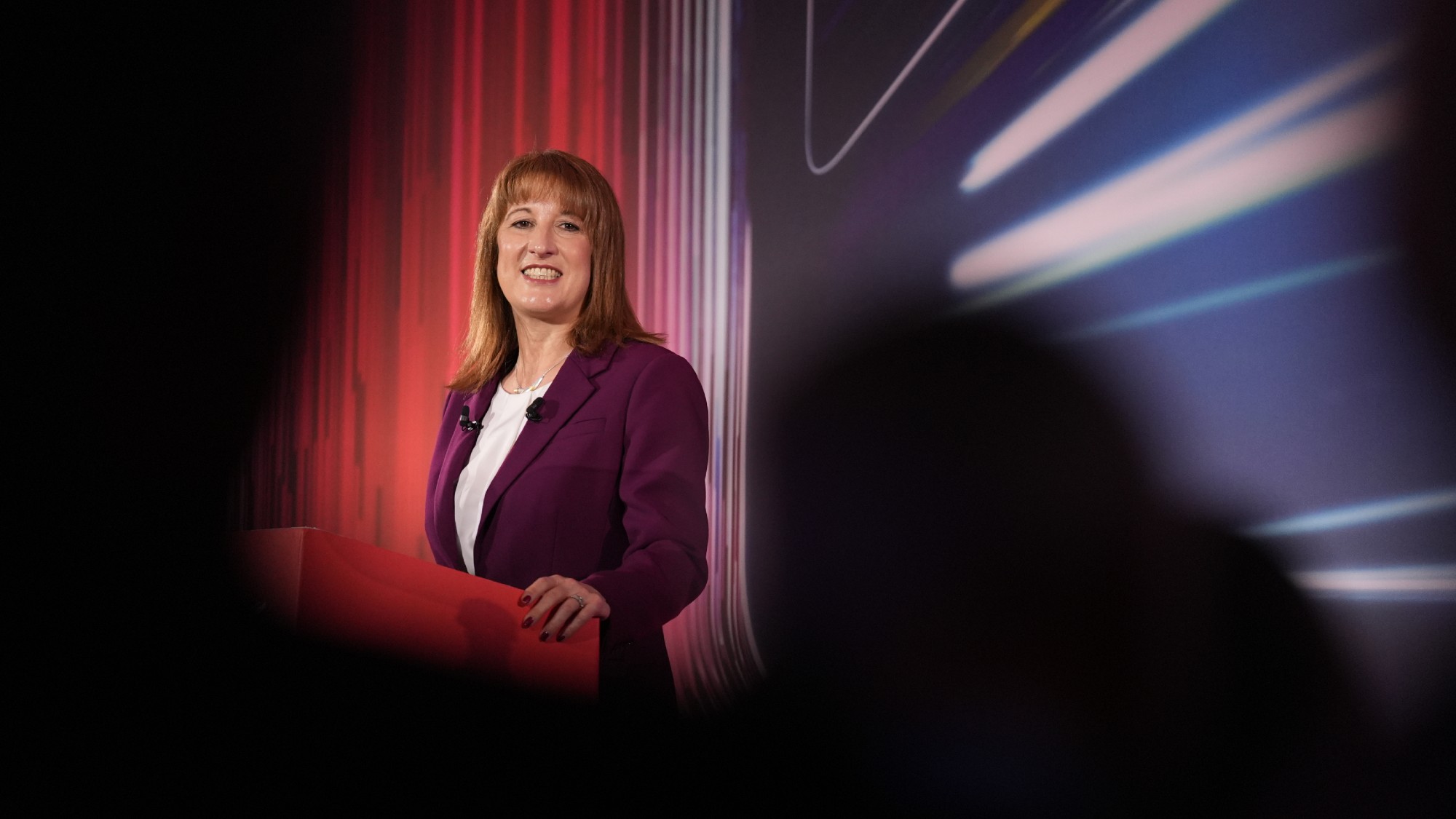 Autumn Budget: will Rachel Reeves raid the rich?
Autumn Budget: will Rachel Reeves raid the rich?Talking Point To fill Britain’s financial black hole, the Chancellor will have to consider everything – except an income tax rise
-
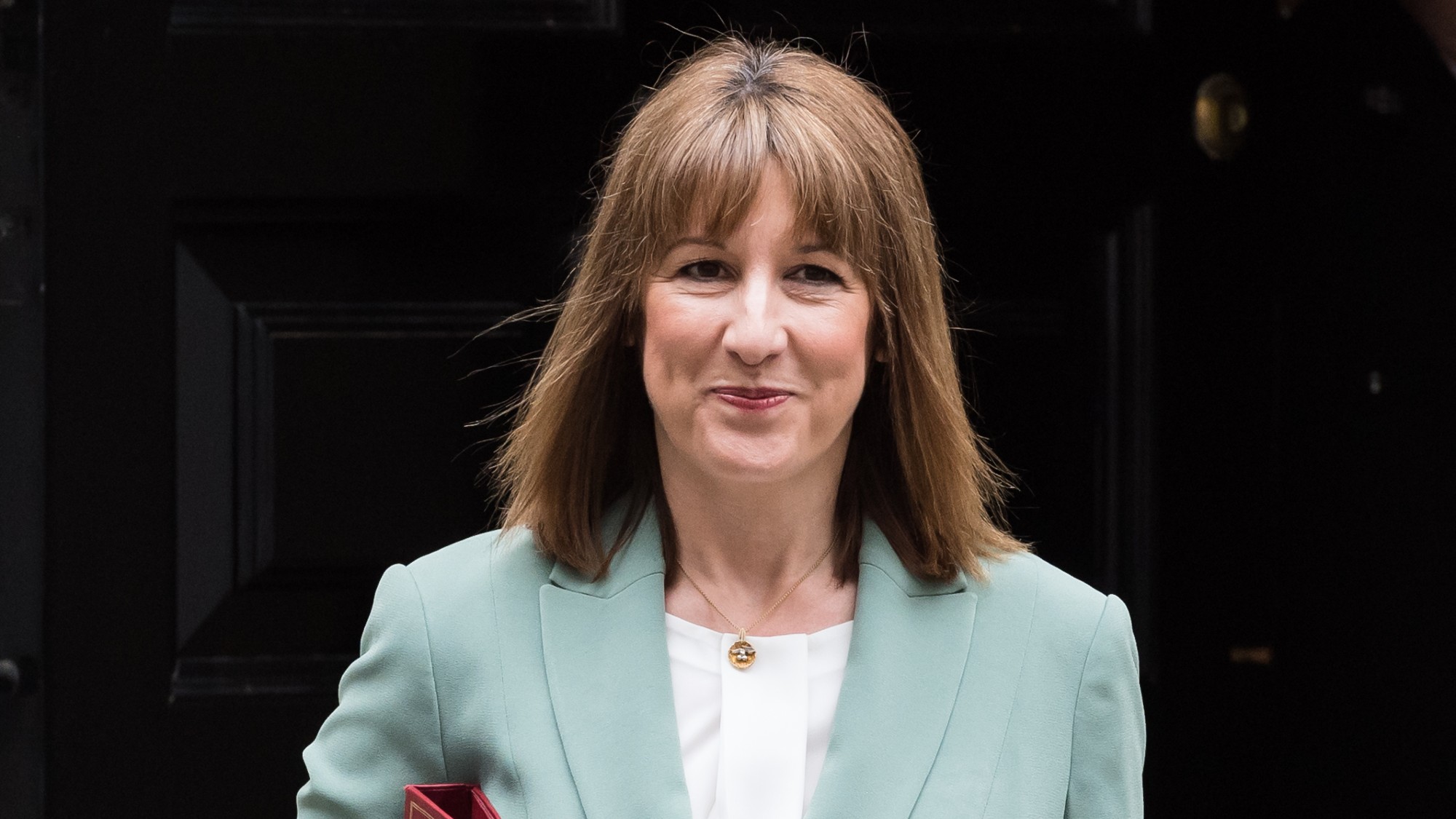 Is Rachel Reeves going soft on non-doms?
Is Rachel Reeves going soft on non-doms?Today's Big Question Chancellor is reportedly considering reversing controversial 40% inheritance tax on global assets of non-doms, after allegations of 'exodus' of rich people
-
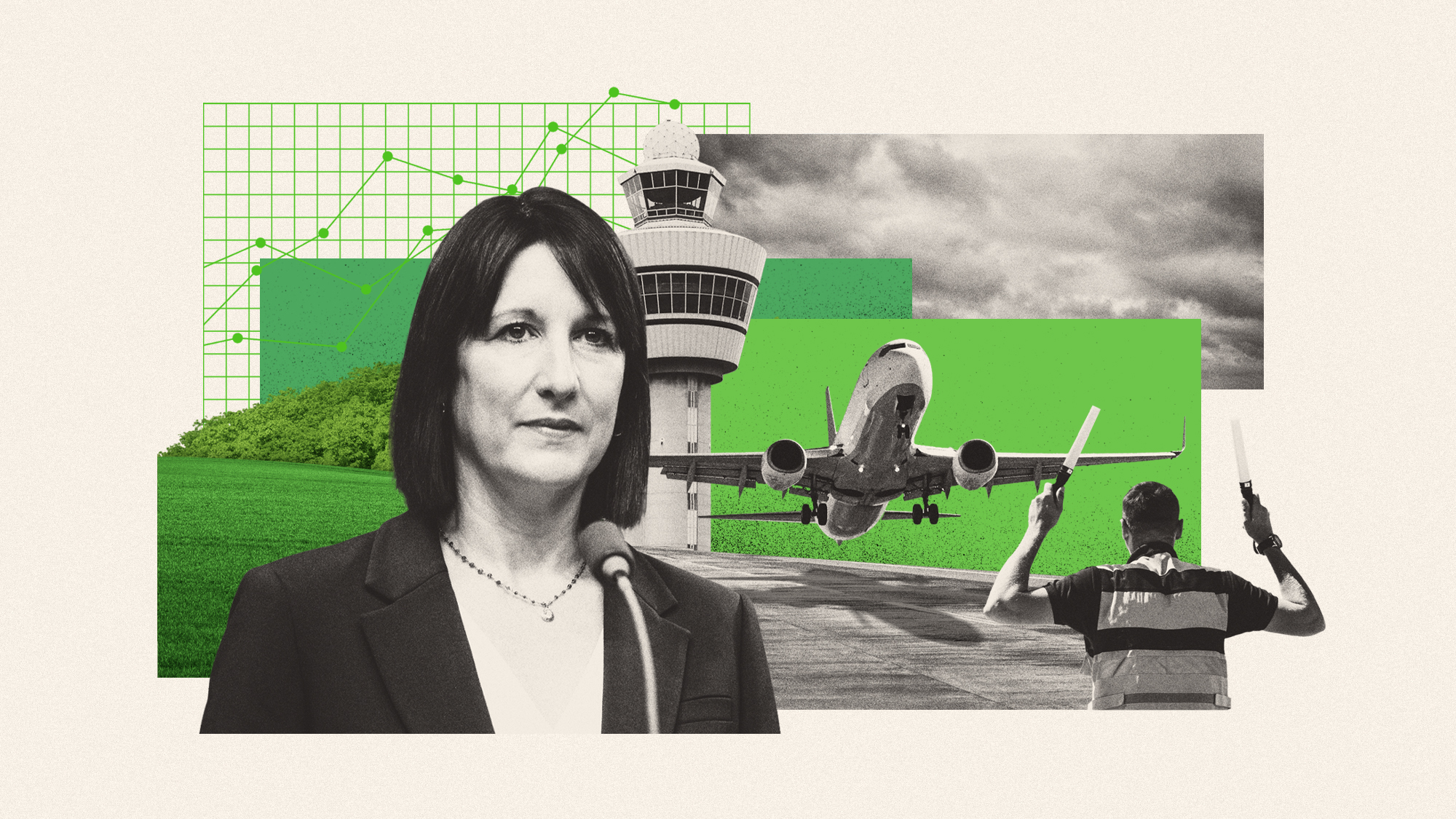 Airport expansion: is Labour choosing growth over the environment?
Airport expansion: is Labour choosing growth over the environment?Today's Big Question Government indicates support for third Heathrow runway and expansion of Gatwick and Luton, despite climate concerns
-
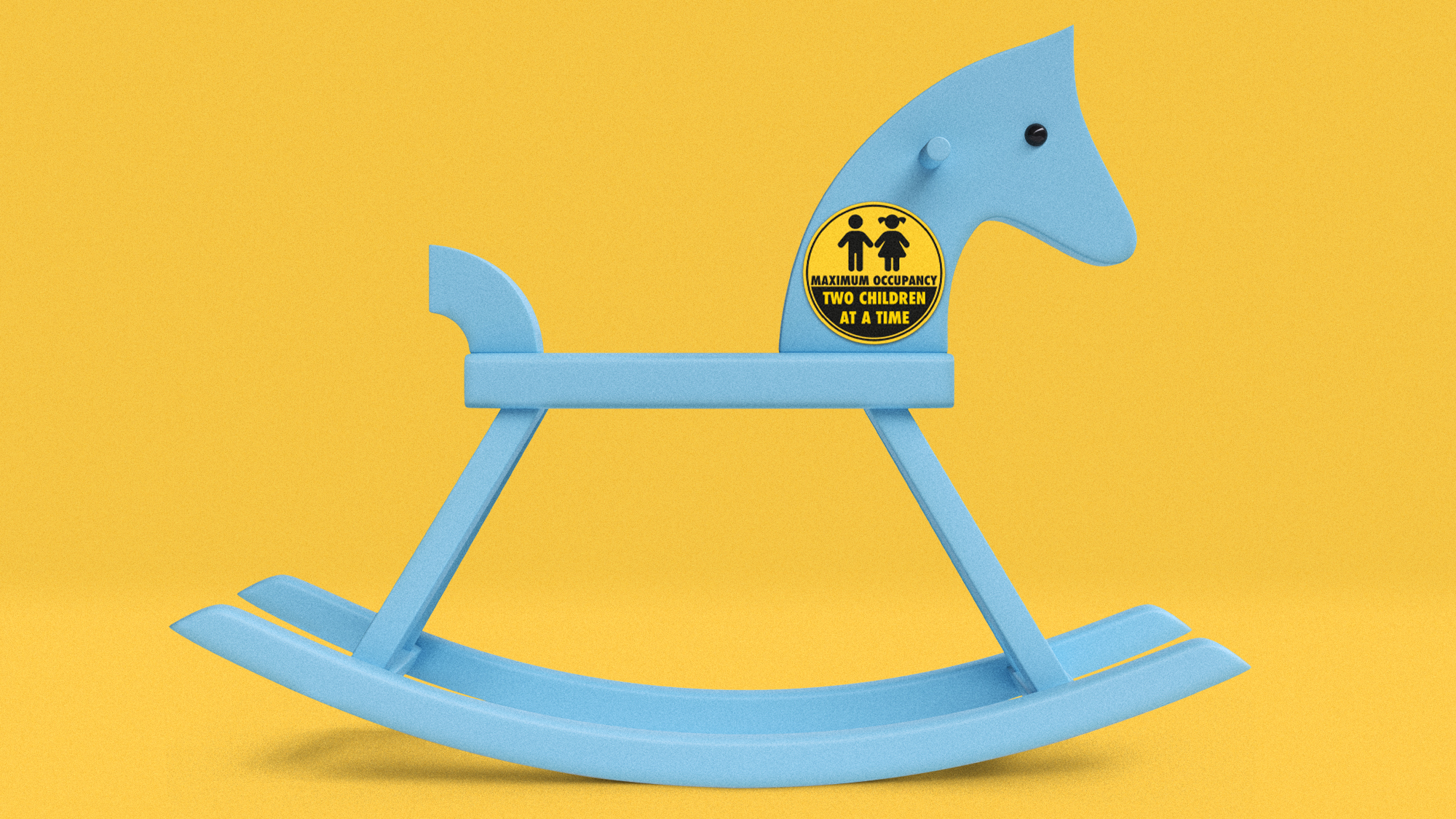 Will Keir Starmer scrap the two-child benefit cap?
Will Keir Starmer scrap the two-child benefit cap?Today's Big Question PM signals 'change in tone' as Labour rebels prepare to back amendment calling for immediate end to controversial 'social cleansing' policy
-
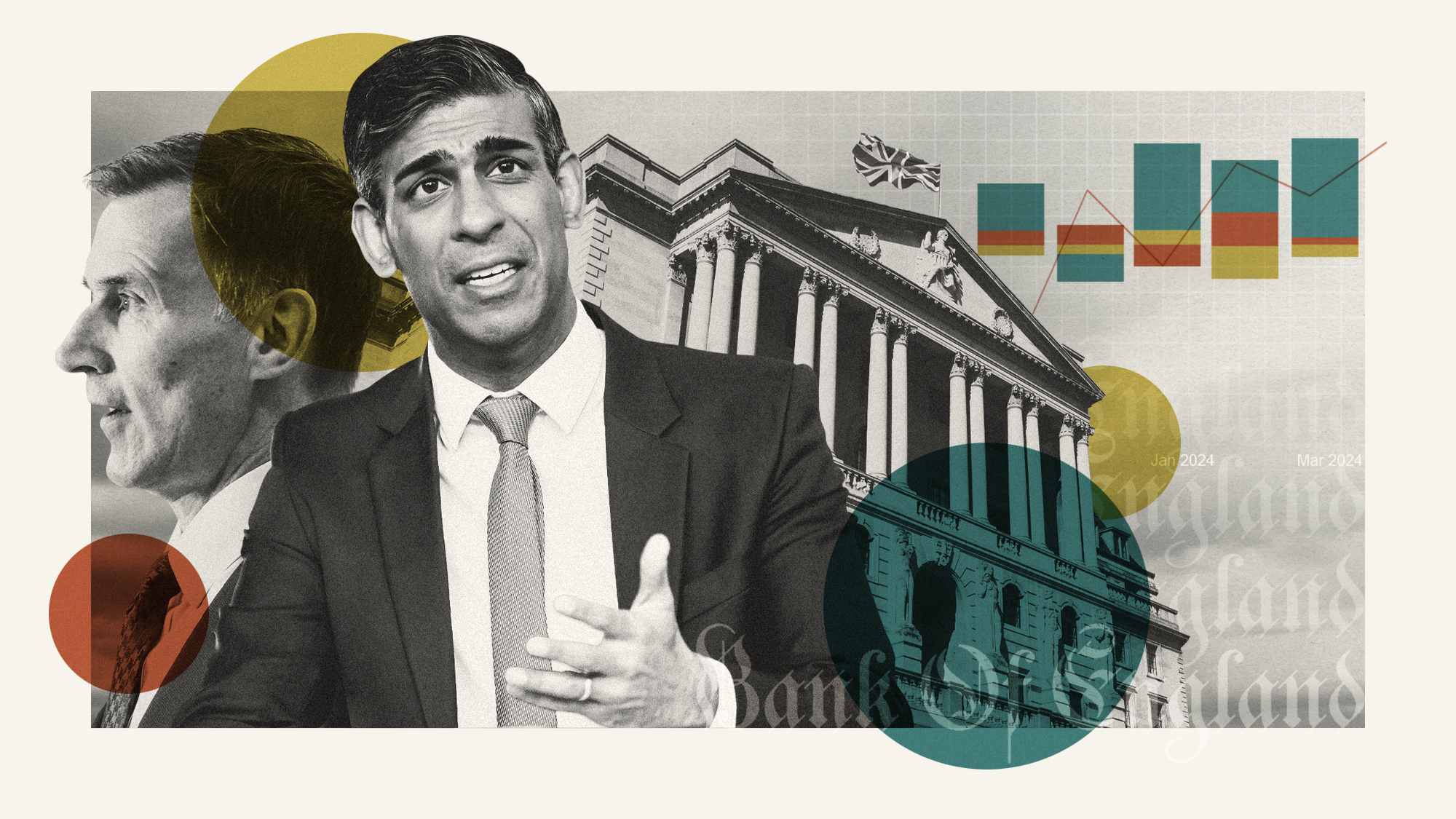 Is the UK economy returning to normal?
Is the UK economy returning to normal?Today's Big Question Tories claim UK has 'turned a corner' while Labour accuses government of 'gaslighting' public
-
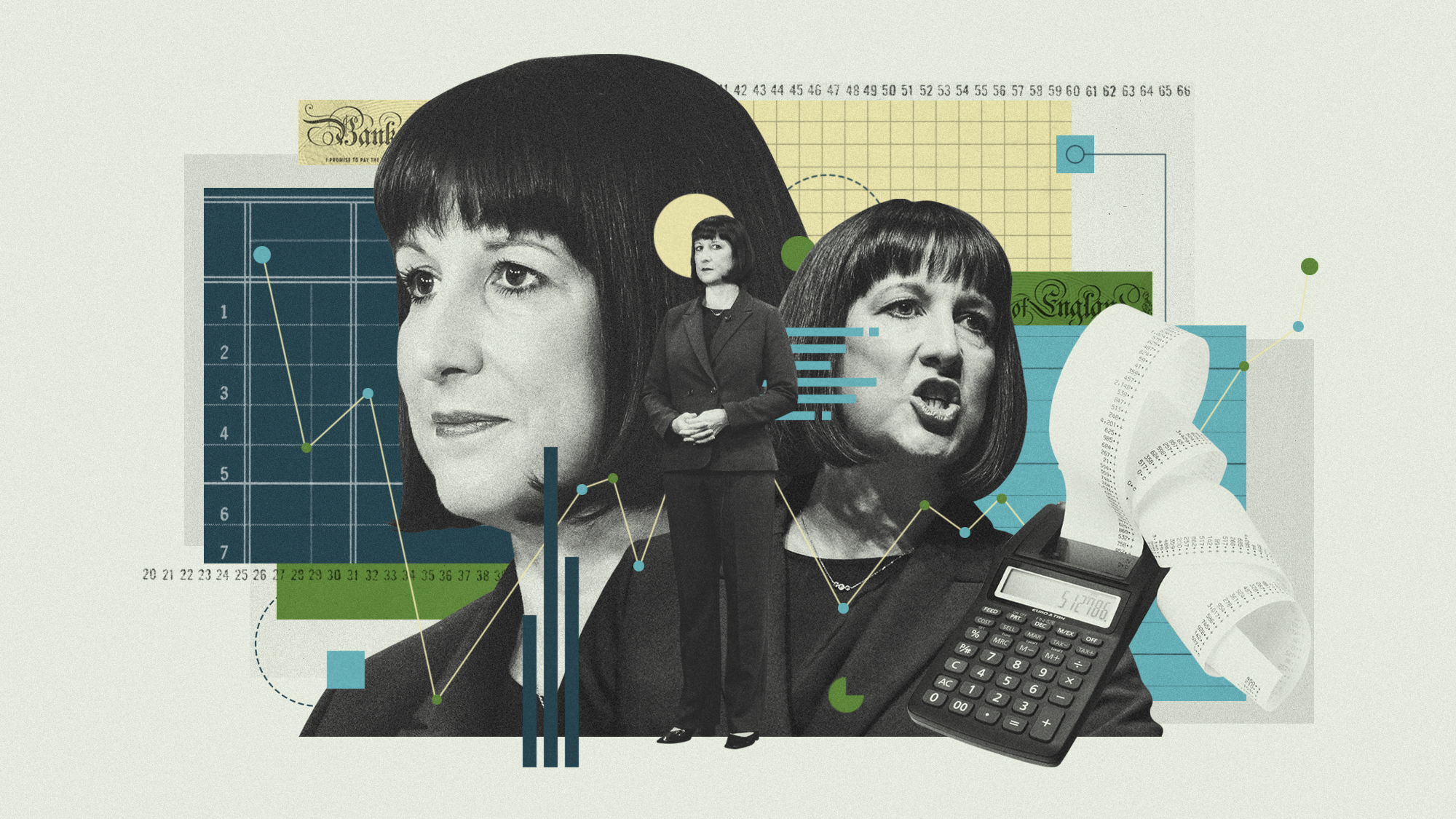 Securonomics: what is Rachel Reeves' economic plan and will it work?
Securonomics: what is Rachel Reeves' economic plan and will it work?The Explainer Focus on economic security and the resilience of industry in an uncertain world is 'key to growth', say Labour
-
 The birth of the weekend: how workers won two days off
The birth of the weekend: how workers won two days offThe Explainer Since the 1960s, there has been talk of a four-day-week, and post-pandemic work patterns have strengthened those calls
-
 Would tax cuts benefit the UK economy?
Would tax cuts benefit the UK economy?Today's Big Question More money in people's pockets may help the Tories politically, but could harm efforts to keep inflation falling